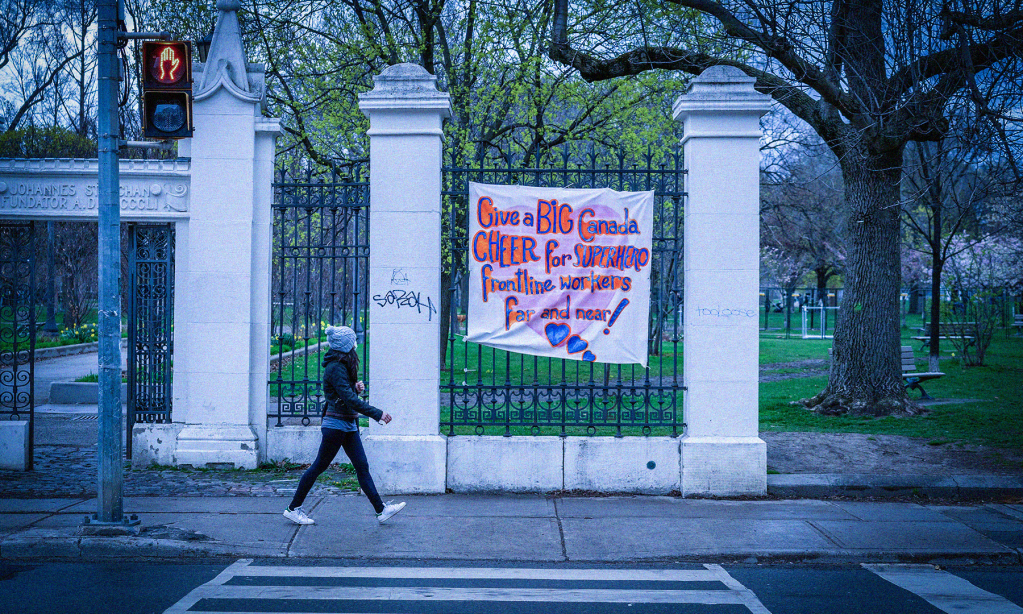“We’re all in this together.”
For a while, that was what we told ourselves about the crisis we were living through. In early 2020, as an unknown virus broke down health care systems across the world, we told ourselves that, even though it was scary, at least we were all in the same boat.
Then reality set in. The pandemic didn’t affect everyone equally—rather, the people who were most vulnerable before the pandemic were more vulnerable to the virus. Urban areas, typically more poor than the suburbs, saw higher mortality rates—with the rate of deaths increasing in poorer neighborhoods of cities. Racialized and immigrant communities were hit harder than white and Canadian-born communities.
With some exceptions—like those who could work from home and those who couldn’t—the pandemic didn’t create new inequalities, it amplified existing ones to previously unknown levels.
That inequality extends internationally, as the rich countries of the Global North hoard life-saving medicines, preventing the global poor majority from accessing them. Rich countries fight hard to ensure that pharmaceutical formulas remain protected by intellectual property law, preventing the scaling up of production required to quickly respond to countries that want access.
Inequality worsens crises—and we’re living in an era of crises. From the pandemic to the rise of a resurgent global fascist movement and global ecosystems collapse, younger generations are likely to experience crises on an unimaginable scale. Worsening inequality will exacerbate them.
When the “heat dome” struck British Columbia in the summer of 2021, nearly 600 people died; the deadliest extreme weather event in Canadian history. Those deaths were concentrated among vulnerable populations, such as low-income seniors and people experiencing homelessness.
As climate change worsens, such disasters will become more frequent. To prevent leaving behind our most vulnerable neighbours, we need to build systems of resiliency that are inclusive.
It also means addressing the historic crimes that have led to inequality in the first place.
Indigenous Peoples in the territory we call Canada have been dispossessed of their land and subjected to centuries of attempted genocide—it’s no wonder that Indigenous communities struggle today.
Canada’s immigration system is designed to produce an hyper-exploitable class of workers—it's no wonder that immigrant communities are more at risk on a wide range of factors.
Women’s fields of work have long been devalued and underfunded—it’s no wonder that working women have it harder than their male counterparts.
Such inequality isn’t the unfortunate byproduct of an otherwise well-functioning machine, it is a core feature of our economic and social system. That system has produced tremendous wealth for the few and misery for the many. It has also driven us, at full speed, into the howling void of crisis.
It doesn’t need to be this way. It is possible for us to build a social system that is more fair and based on more equal access to resources and dignity. Governments and leaders can choose to mobilize resources to reduce inequality and ensure that regular working people and vulnerable communities have access to resources and dignity. Not doing so is a political choice—one which leaders have become too comfortable making.
When we start to prioritize providing resources to vulnerable communities, when we start to right the historic wrongs, whose legacy continues today, when we work to ensure dignity, safety, and access to resources for all—maybe then we can finally say that we’re all in this together.







